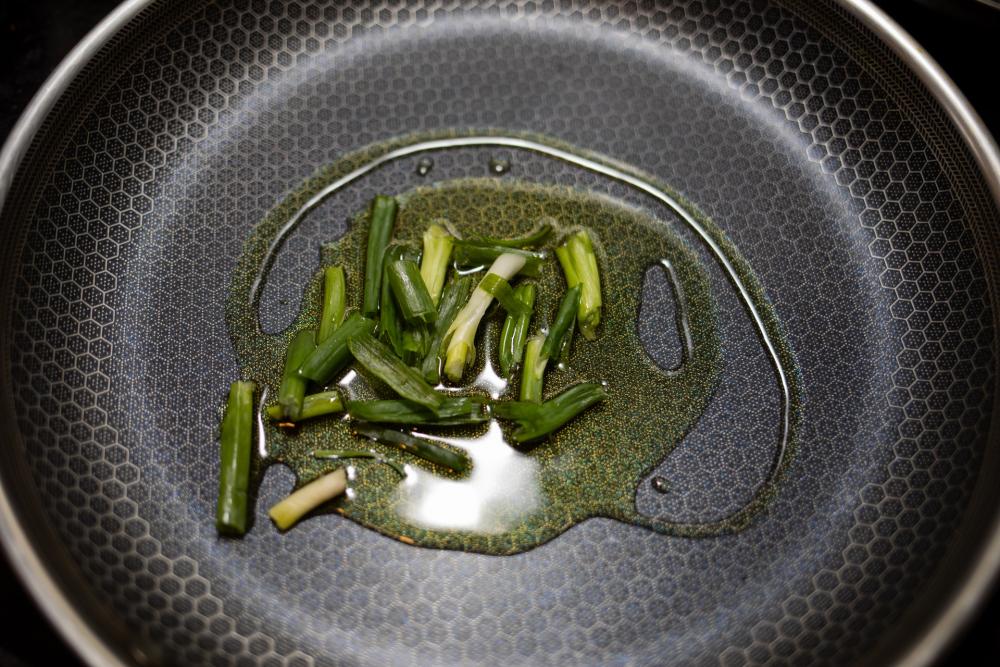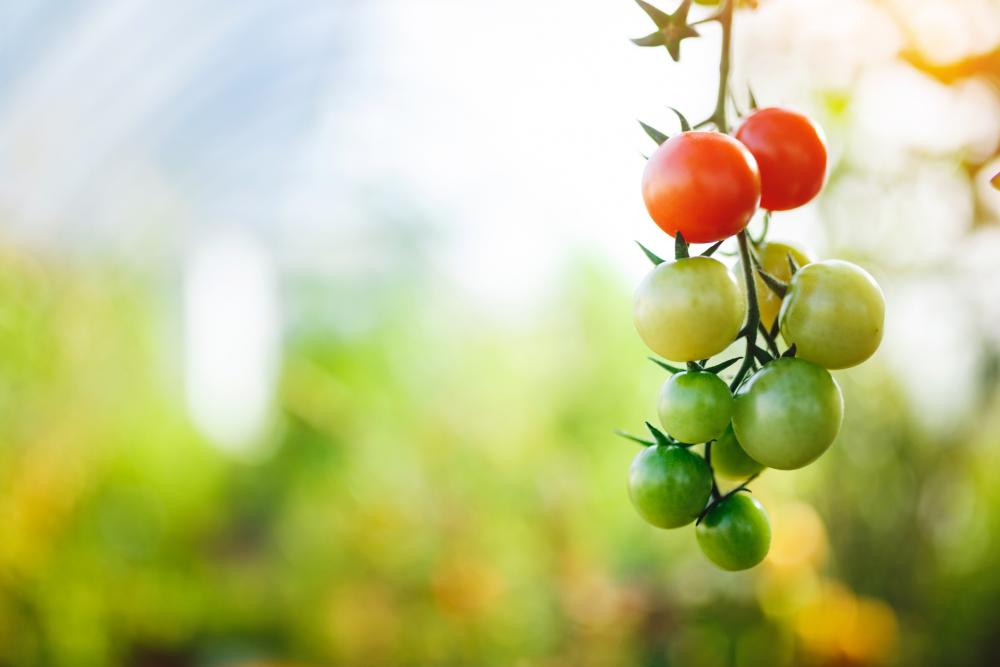2 min Read
Today, millions of Americans are suffering at the hands of poor nutrition.
Only one in ten adults and adolescents consume the recommended daily servings of fruits and vegetables. Saturated fats wreak havoc on our bodies, yet the average person eats 30 pounds of French fries every year. Nearly all aged 2 years or older exceed the recommended sodium intake.
The list goes on. And, unfortunately, so do the downstream impacts. Long term, this level of malnutrition can lead to the development of heart disease, circulation problems, type 2 diabetes, and at least 13 types of cancer.
The alarm is blinking red on our personal—and collective—health.
But what if we could use recent scientific advances, as well as plants' own genetic blueprints, to build on what makes our food healthy and even cut out what makes it harmful?
That's precisely what gene-editing is designed to do. Today, cutting-edge scientists interrogate crops at the molecular level. And they're constantly exploring ways to improve plants' nutritional content using their natural genomic processes.
Gene editing tools, like the oft-cited CRISPR, don't introduce foreign DNA into produce and cereal crops. Rather, they accelerate natural processes by letting plants' own DNA unlock more beneficial traits.
And the end result? Food that's not only tastier, but also more nutritious, health-conscious, and sustainable. Think of:
• Healthier oils, like this gene-edited soybean oil free of trans fat or this oil seed plant with enhanced fatty acid composition.
• Hardy starches that serve as a form of dietary fiber, rather than near-instant sugars, like this high-amylose rice.
• Scrumptious fruits and vegetables overflowing with protective properties, like this antioxidant-rich tomato or this Sicilian Rouge tomato with a higher amount of GABA—an amino acid associated with lower blood pressure.
• Tasty, high-yield sweet potatoes with greater beta carotene content—which, when consumed, can be converted by our bodies to vitamin A.
Americans face an epidemic of ill-health, which we see the tragic consequences of every day. But revolutionary tools like CRISPR can help tackle this problem-head on by making food healthier and more accessible to each and every one of us.


